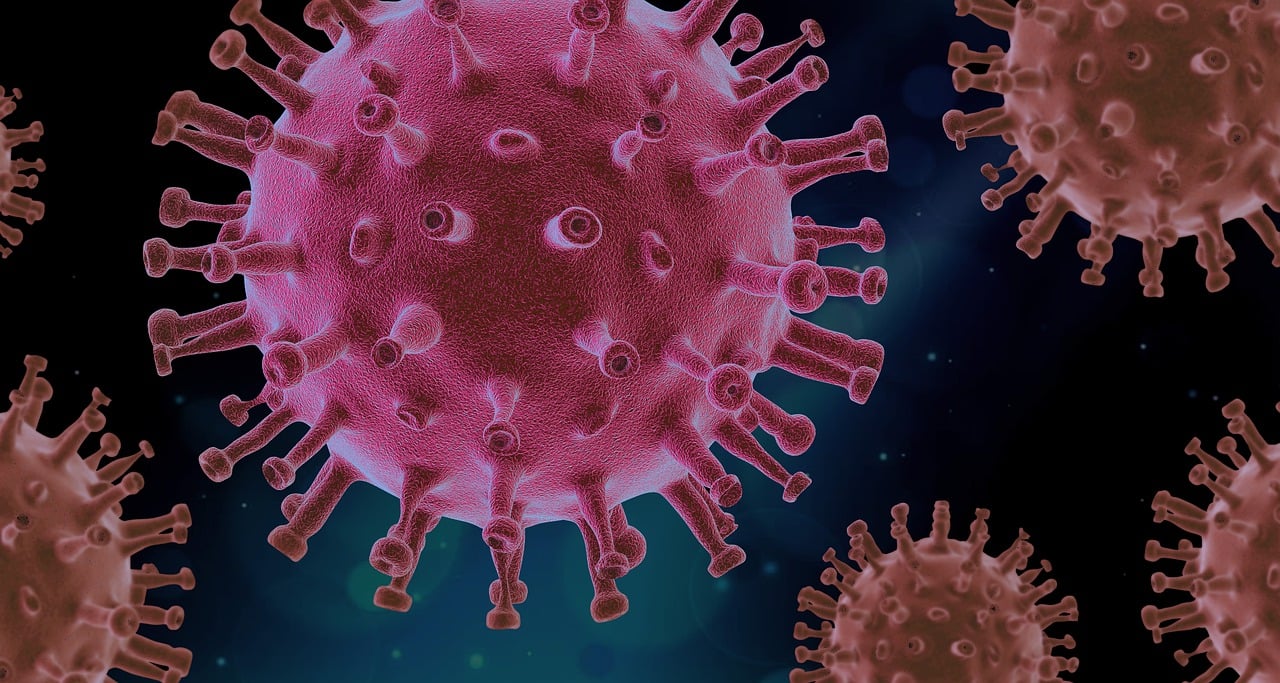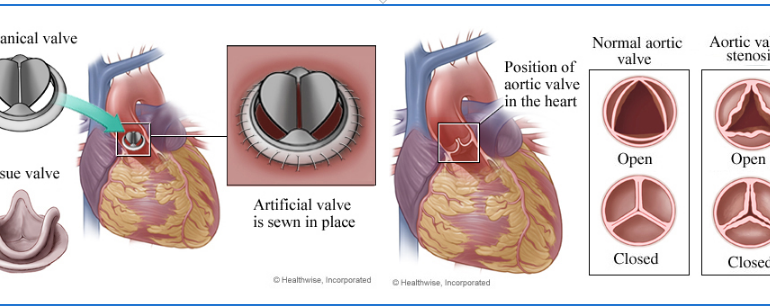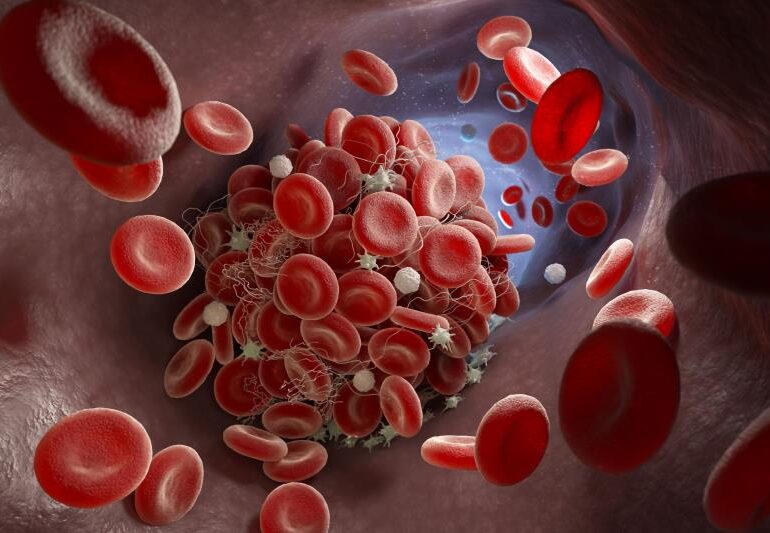Introduction:
The COVID-19 pandemic has had a profound impact on the world, affecting various aspects of our lives. One area that has garnered significant attention is the impact of COVID-19 on heart health. Today, we will explore the connection between COVID-19 and heart health, discussing the potential risks, long-term effects, and preventive measures that individuals can take to safeguard their cardiovascular well-being.
Linkage Between COVID-19 and Heart Health
COVID-19 primarily affects the respiratory system, but emerging evidence suggests that it can
also have adverse effects on the cardiovascular system. According to the American Heart
Association, individuals with underlying heart conditions are at a higher risk of developing
severe illness if they contract COVID-19. The virus can directly invade heart cells, leading to
inflammation and damage to the heart muscle. Additionally, the body’s immune response to the
infection can cause an exaggerated inflammatory response, resulting in further cardiac
complications.
What is the Impact on Heart Patients
Individuals with pre-existing heart conditions such as hypertension, coronary artery disease, and
heart failure faces a higher risk of severe illness and complications if infected with COVID-19.
The virus can exacerbate underlying heart conditions and increase the likelihood of heart
attacks, arrhythmias, and heart failure. Individuals with heart conditions must take
extra precautions to minimize their exposure to the virus.
Long-Term Effects on Heart Health
Recent studies have indicated that even after recovering from COVID-19, some individuals may
experience long-term cardiovascular effects. This includes ongoing inflammation of the heart
muscle, increased risk of blood clot formation, and the development of heart-related
complications. Long-term monitoring and follow-up care are essential for individuals who have
had COVID-19, especially those who experienced heart-related symptoms during their illness.
Different Preventive Measures for Protecting Heart Health
To protect heart health during the COVID-19 pandemic, it is vital to follow preventive measures
recommended by health authorities. These measures include:
- Maintaining Good Hand Hygiene: Regularly washing hands with soap and water for at
least 20 seconds or using alcohol-based hand sanitizers.
- Practicing Social Distancing: Maintaining a distance of at least 6 feet from others to
minimize the risk of exposure to the virus.
- Wearing Masks: Properly wearing masks in public settings, especially when social
distancing is challenging.
- Getting Vaccinated: Following the recommended COVID-19 vaccination schedule to
reduce the risk of severe illness and complications.
- Managing Stress: Adopting stress-management techniques such as regular exercise,
meditation, and engaging in activities that promote mental well-being.
What you should do for Medical Care and Support
If you have existing heart conditions or are experiencing symptoms such as chest pain,
shortness of breath, or palpitations, it is crucial to seek medical care promptly. Do not delay
medical appointments or ignore concerning symptoms due to the pandemic. Many healthcare
facilities have implemented safety measures to ensure patient well-being and minimize the risk
of COVID-19 transmission.
Conclusion:
The COVID-19 pandemic has presented numerous challenges, including its impact on heart
health. It is crucial for individuals, especially those with pre-existing heart conditions, to be
aware of the potential risks and take proactive measures to protect their cardiovascular.




